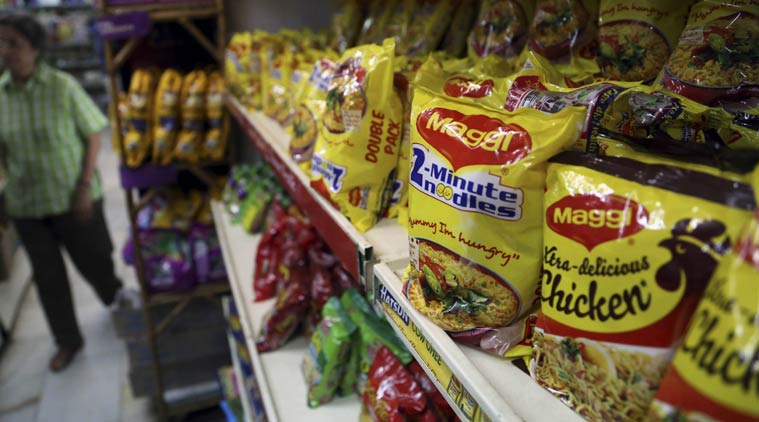Stay updated with the latest - Click here to follow us on Instagram
Sugar, salt and fat next on FSSAI radar
The panel will primarily focus on packaged and processed items and junk food.
 The panel will primarily focus on packaged and processed items and junk food.
The panel will primarily focus on packaged and processed items and junk food.The Food Safety and Standards Authority of India (FSSAI) has appointed an 11-member expert group that will — for the first time — recommend maximum permissible limits and labelling requirements of sugar, salt and fat in food products.
The committee will comprise a number of experts, including cardiologists and nutritionists from the All India Institute of Medical Sciences (AIIMS) and Ram Manohar Lohia Hospital.
According to an FSSAI notification issued by Dr Sandhya Kabra, director (product approval), the committee will look at guidelines for local and imported products, and “provide recommendations to FSSAI” on what constitutes a healthy dietary intake of fat, sugar and salt, and the regulatory limits.
The panel will primarily focus on packaged and processed items and junk food.
The scientists will assess the “current dietary intake” and, after sampling and testing, “advise FSSAI” on the current levels in the market. It will also identify potential health risks to vulnerable groups from the consumption of various products.
“We do not have our own limits specific to the Indian population. There are other categories like instant noodles and chocolates where we don’t have any guidelines and there is a lot of violation of rules. For example, in India, many companies use vegetable fat in chocolates, which is not the case abroad. In the US, for instance, any product labelled as chocolate cannot have vegetable fats,” said a senior official from FSSAI.
FSSAI officials said that in processed and packaged foods, where preservatives are used, salt and fat content are usually very high.
“This was felt to be an area where regulation was needed urgently, particularly because non-communicable diseases like heart, diabetes and lifestyle diseases that are associated with high salt and sugar intake may also have a genetic component,” the official said.
The expert committee was set up after Uday Foundation, an NGO, approached the Delhi High Court with a writ petition on the effects of junk food. The court directed the FSSAI to come out with specific directions on junk food for school children, which officials said the regulatory agency would issue separately.
The impact of these products on children will be a focus area of the panel, which includes professors in medicine and paediatrics from Delhi.
Among those on the committee are: Dr Vijay Gupta, head of cardiothoracic and vascular surgery at RML hospital; Dr Rajib Dasgupta, chairperson of centre of social medicine and community health at JNU; Dr Kalpagam Polasa, director in charge of Indian Council of Medical Research’s National Institute of Nutrition; and Dr Umesh Kapil, professor of public health nutrition at AIIMS.







